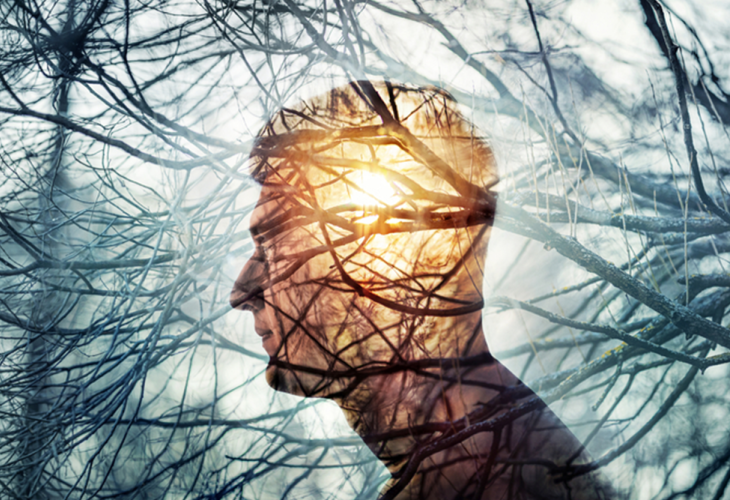Consciousness: The Unsolved Mystery After 25 Years
Despite advances in neuroscience, the true nature of human consciousness remains an enigma. It's more than neurons firing; it's the essence of our joy, sorrow, and desires.
 (Photo: shutterstock)
(Photo: shutterstock)The year is 1998. A scientific conference takes place in the U.S., where a heated debate unfolds on stage. Professor Christof Koch, a German neuroscientist and head of the Allen Institute for Brain Science in Seattle, has been studying human consciousness for years. Alongside the esteemed scientist Francis Crick, he has published influential papers, gaining recognition as a leading brain researcher.
Facing him is philosopher David Chalmers, head of the Center for Mind, Brain, and Consciousness at New York University. Chalmers challenges Koch, arguing that his explanations of human consciousness don't really explain it. Despite the respect given to the firing of neurons, it barely scratches the surface of explaining human consciousness, which encompasses our happiness, joy, sorrow, and desires. It's not just electrical; it's something more. According to Chalmers, this is the "hard problem," and not only hasn't Koch solved it, but it's not about to be solved either.
Koch half-admitted that the explanation might not be perfect, but assured that science is working on it and is getting closer to an answer. Chalmers questioned the seriousness of this claim, asking when we might have an explanation. Koch reiterated that a perfect explanation is likely soon, prompting Chalmers to ask what Koch was willing to wager on it.
After negotiations, Chalmers gave Koch a significant break. Koch pledged that if within 25 years there was no scientific explanation for consciousness and the human mind, he would give Chalmers a case of wine.
Thankfully for Koch, he had only promised a case of wine and not a new car, as 25 years swiftly passed. Technological advancements were astounding and the smartphone in everyone's hand is much smarter than the advanced computer at the university back then. However, consciousness remains a mystery. Koch was fair enough to hand over the case of wine to his colleague, hoping that perhaps in another 25 years something will change.
Koch wasn't done. He declared that in 25 years, when he will be 91 and Chalmers 82, it will be possible to clearly link brain activity to consciousness, and we will understand how brain activity creates consciousness. Chalmers remained steadfast: the problem of consciousness is a hard one and will not be solved even in 25 years. The two shook hands, and the clock started ticking again.

